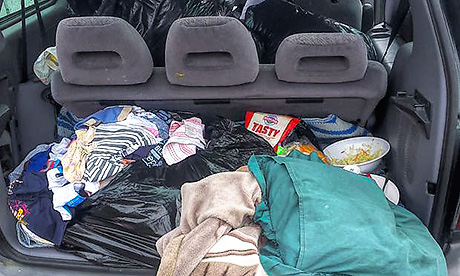Highly infectious diseases thrive in substandard living conditions.
It was true in the 19th century, and as Covid-19 stubbornly continues to spread through the community in our biggest city, it is true here and now.
An adequate standard of living has never been available for everyone in Aotearoa.
A Māori Women’s Welfare League survey in 1952 reported that poverty, overcrowding, damp and unaffordable rental housing were key issues in Auckland. Seven decades on, the same is true.
In the middle of the last century, there were not enough state houses to meet the need.
Until the late 1940s, Māori had been excluded from state housing.
Due to sound government policies being put in place from the 50s to the mid-1980s things improved a lot, with proportionately more state houses, better incomes and the family benefit.
It was a period of greater stability in people’s lives – having enough and reaching your potential was more likely to be achievable, although less likely for Māori than Pākehā.
Fast forward to September 2021 and we see the results of three decades of neglectful policy: fewer statehouses to meet the increasing needs.
At the same time, large numbers of people in private rentals face unaffordable rents and insecure tenancies.
The overall impact of current government policy is increasing the need for emergency housing, with more people homeless.
A low-wage economy leaves increasing numbers of people in paid work struggling or failing, to make ends meet.
It is even harder for those striving to live on inadequate benefits.
The result is many leading desperate lives; eyebrows no longer rise in surprise when we read about people, more commonly with disabled family members, living in garages or unsafe emergency accommodation, or young people dying from rheumatic fever.
To our shame, it has become familiar.
Ashley Bloomfield confirmed this week that many people affected by the current Delta outbreak are living in transitional and emergency housing.
The Working for Families package is meant to be the primary source of income support for children in low-income families.
However, when parents receive benefits they are denied a crucial payment for their children ($72.50 per week or more for larger families).
This stark discrimination in favour of children of parents who were not on any benefit was introduced in 1996 and remains.
New Zealand is an outlier among similar countries; in Australia for example, children’s income support is not tied to parents’ source of income.
It is a tragic indicator that food banks provided by charities – some subsidised by the government – are now a routine feature in our country.
This is a result of decades of market-driven policies that prohibit many families from receiving adequate incomes to cover basic needs (including housing, power, transport, shoes, doctors’ visits, and nutritious food); let alone enough to pay for school uniforms, sports gear and school trips.
It doesn’t have to be this way.
Is it any wonder that delta should prove so difficult to eliminate among people left struggling to survive?
Lack of online access to news and information as well as language barriers for many, mean public health messages may not be seen by people who are already feeling isolated from their community.
For others, dire living conditions can bring on anxiety as well as mistrust of the government brought about by years of bitter experience.
It is a tragic indicator that food banks provided by charities – some subsidised by the government – are now a routine feature in our country.
Who can blame people on the margins if they prioritise finding access to food supplies for hungry children ahead of finding a way to get to a Covid centre for testing or vaccination?
Overcrowding and temporary housing make social distancing at home difficult.
Aaron Hendry, who works with homeless youth, puts it this way: “If we treated housing as a human right, we wouldn’t be in this situation. Blaming whānau living in third world conditions, with shared facilities and unable to isolate misses the bigger issue that is contributing to this problem.” Continue reading
- Innes Asher FRACP ONZM is Professor Emeritus in the Department of Paediatrics: Child and Youth Health, University of Auckland, was a member of the Welfare Expert Advisory Group, and is a spokesperson for the Child Poverty Action Group
